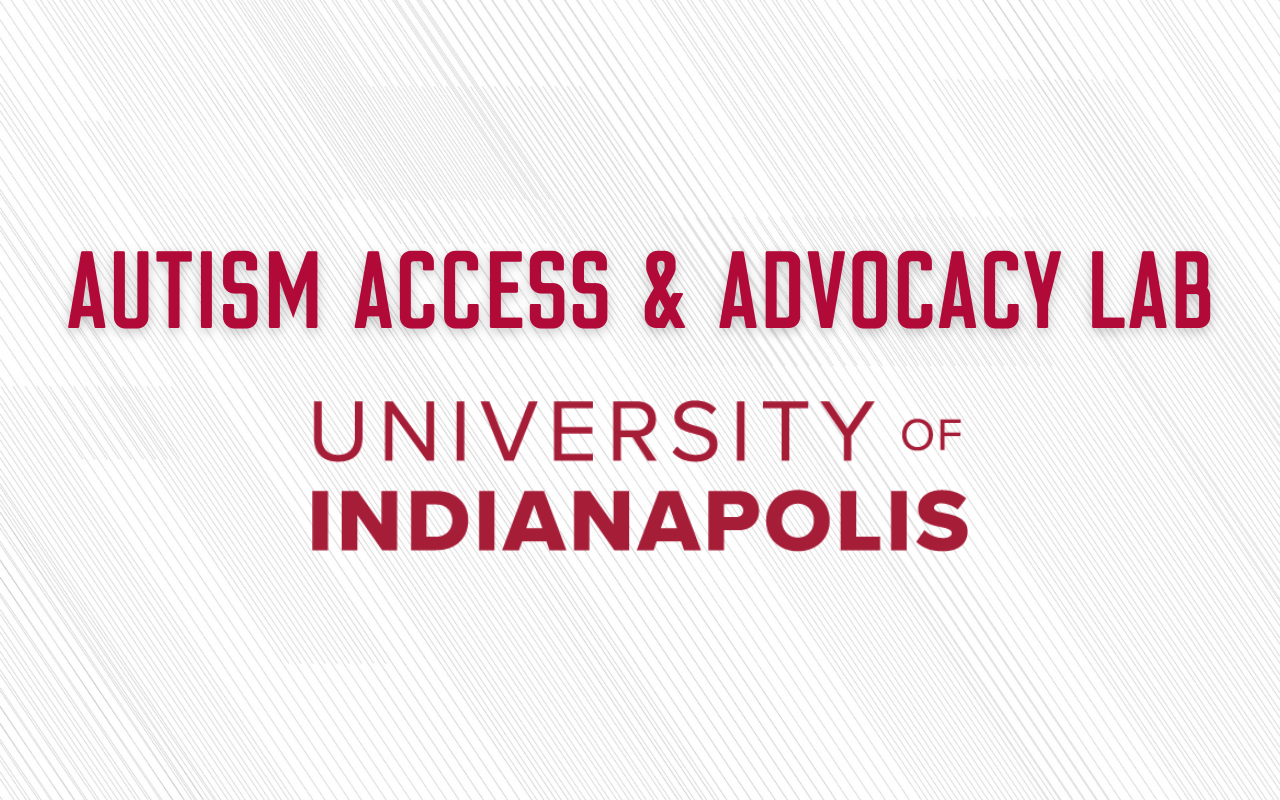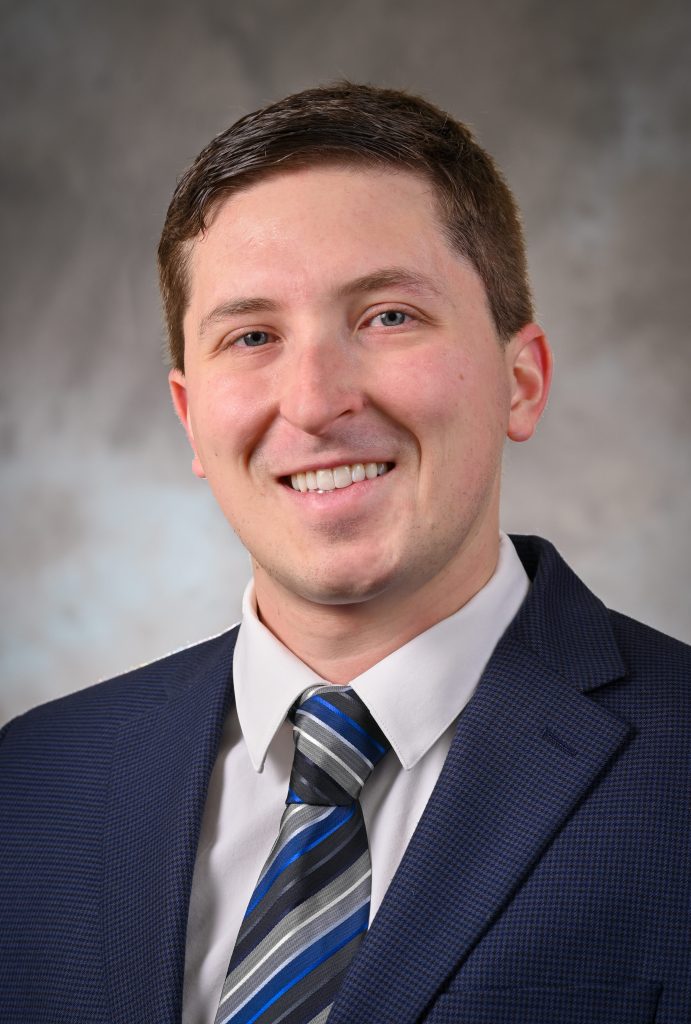Empowering Independence: UIndy Lab Addresses Financial Literacy Gap for Autistic Individuals

Written by Troi Watts
The Autism Access and Advocacy Lab at the University of Indianapolis celebrated a major milestone with the publication of its first paper, “Financial Literacy Skills Instruction Among Autistic Individuals: A Systematic Review.”
Founded by Dr. David Schena II, assistant professor in the School of Psychology, the Autism Access and Advocacy Lab is dedicated to:
- Improving the skills of autistic individuals in a neurodiversity-affirming way;
- Generating resources and services for the community based on identified wants and needs;
- Helping others understand principles and laws that are important to the autistic community and their success;
- Providing autistic individuals with avenues to become involved in the lab and its work.
Dr. Schena’s passion for this field of study comes from witnessing his neurodivergent friends navigate adulthood. He noticed that even capable, motivated individuals often struggled with tasks such as budgeting and adjusting to college life. While research on effective learning strategies for autistic individuals exists, he saw a gap in translating that research into practical, accessible support.

“Research has historically focused on work with children and high school students, rather than young adults,” said Dr. Schena. “I’m very interested in helping young adults to achieve greater independence and pursue their goals. That involves managing your own doctor’s appointments, finding work, and balancing a budget, as well as managing the anxiety that can come with that.”
Financial literacy is a critical part of independent living.
“Financial literacy can make or break you,” explained Dr. Schena. “In today’s world, we’re not just worried about a budget; we’re also navigating cryptocurrency, inflation, and so many other factors. Unfortunately, it seems that a dedicated line of research for the autism community in this area has been missing.”
This review has been years in the making. Dr. Schena began exploring financial literacy among autistic individuals during his graduate studies at the University of Massachusetts Lowell. Later, in collaboration with Eastern Illinois University, the publication evolved into its first full iteration before coming to UIndy, where the team re-evaluated their research method into what would become the final publication.
“It was a long and evolving study, but it was well worth it,” remarked Dr. Schena. “I really couldn’t have done it without the students.”
UIndy’s Jesse Miller ’23 ’24 ’29 (Psychology, MS in Psychology, PsyD), along with graduate student Juliana Sandoval-Gomez, were key to the Lab’s success. Their work included extensive screening of more than 9,500 articles to identify relevant studies, as well as data organization and review.
Miller, who serves as Dr. Schena’s graduate assistant, said the experience strengthened her skills in resource collection, screening, and data analysis, skills she expects to use throughout her career.
“Being a part of the team’s first publication has given me a deeper appreciation and understanding of collaborative research,” said Miller. “Collaborating across institutions was especially exciting and reinforced the value of advocacy for underserved populations. Now I feel much more prepared to collaborate in the future, whether in research or clinical practice.”
Sandoval-Gomez, who has worked with UIndy’s BUILD program, which supports students with learning differences, brought additional expertise to the review process by analyzing Spanish-language resources.
The review found that research on financial literacy skill instruction among autistic individuals is lacking. However, there is a foundation of research examining money skills – things like knowing money’s value, doing arithmetic with it, and handling purchases with physical money – and related life skills to build upon.
“We found a consistent, well-established line of research on the basics,” said Dr. Schena. “But when I spoke to members of the autistic community—some of whom were on our research team—it was clear they had learned those more advanced skills. That’s where I want to go next: identifying how and where they learned those skills, and seeing if we can help other community members to learn them in the same way.”
Miller agrees on the importance of the work: “The lack of instruction around these skills for individuals diagnosed with autism is an important gap, so I’m grateful for the opportunity to contribute to work that aims to address it.”
Looking ahead, the team plans to collaborate with other institutions to design studies and materials focused on teaching advanced financial literacy skills.
“Personally speaking, I’ve always wanted to establish a lab connected to very capable, driven people,” said Dr. Schena. “I feel really blessed to have had such a motivated, bright team. The students were invaluable, and I truly could not have achieved this milestone without them.”
